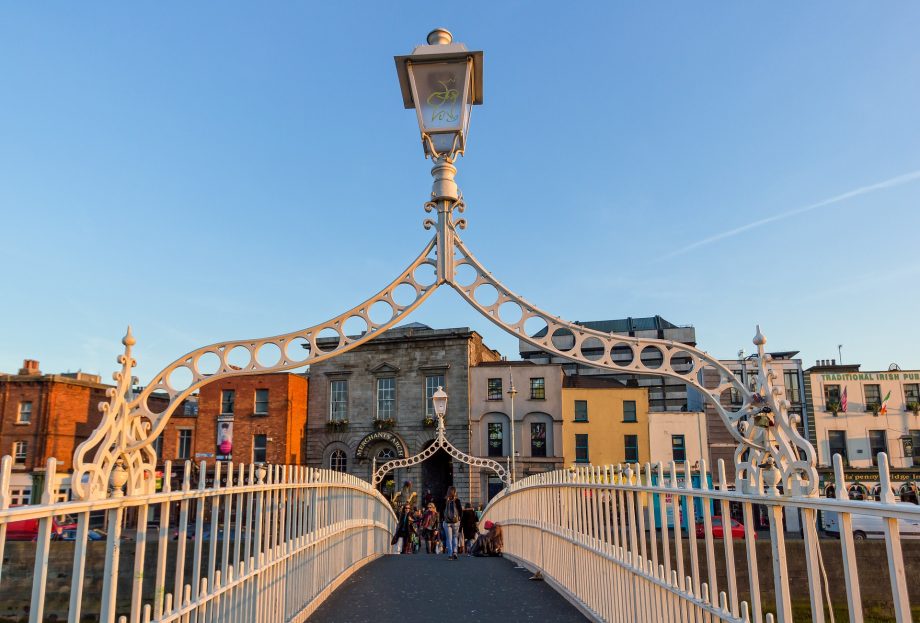Thinking of Dublin may initially conjure images of unruly stag parties, rolling hills and tours around the Guinness brewery, but there is much more to the Irish capital than this. An ever-more vibrant business hub, Dublin enjoys a Globalization and World Cities Research Network ranking of Alpha Minus thanks to the culture, scenery and quality of life on offer; placing it alongside such esteemed names as San Francisco, Munich and Barcelona. Read on to find out why.
History of Dublin
Dublin’s earliest recorded history is one of Viking occupation, with the pointy-horned Scandinavians ruling over the land until the 12th Century.
Tension with the United Kingdom stretches as far back as the 16th Century, when native families were forced to house diseased British soldiers. This was the beginning of the religious conflicts that defined the nation, with the British government moving a number a sizable Protestant population to the predominantly Catholic country. Oliver Cromwell’s shenanigans certainly didn’t help relations, either.
Unable to take advantage of the industrial revolution, Dublin struggled until the early years of the 20th Century. More conflict with the UK dominated this era, with the Easter Rising occurring in 1916, followed by the War of Independence from 1919-21 – the conflict that saw the infamous Bloody Sunday take place in the city in 1920. The signing of the Anglo-English treaty in 1921 sparked the Irish Civil War.
These conflicts caused a great deal of trouble for Dublin, and the city was accidentally bombed during WWII, despite the Irish nation declaring themselves neutral. The Troubles then played a prominent role in Dublin’s history, including a second Bloody Sunday in 1972, as well as escalating poverty and drug use.
The city underwent radical changes in the 1980s however, with a cultural explosion. By the mid-1990s, and the economic boom of the Celtic Tiger, Dublin was unrecognisable from its former self – new constructions were erected all over the municipality, and businesses and tourists began to flock. Today, Dublin stands proud as the jewel city in Ireland’s sparkling emerald crown.
Language and Climate in Dublin
Gaeltacht, the traditional Irish language, is something of a dying art. All the same, Dublin has the highest concentration of schools that communicate in this dialect, even if it isn’t something you’ll need to be fluent in as a visitor. You may have a harder time wrapping your head around Dublin slang, which is worth boning up on!
Dublin’s climate can be unpredictable, but rarely ventures into extreme territory; summers are warm without being stifling, winters are cold without dropping below freezing. The capital isn’t quite as rainy as the rest of Ireland, but it’s still worth packing an umbrella for regular showers.
Where to Stay in Dublin
There are five key areas to investigate for your Dublin accommodation, with the suitability of each varying depending on your needs (and budget – Dublin hotels are among Europe’s costlier options).
The Temple Bar is where you’ll find all the hedonistic nightlife that Dublin has to offer, packed with pubs, bars, restaurants and cinemas, though it’s no cultural wasteland – if you can stomach the noise at night, there’s plenty to keep you entertained during the daylight hours.
Head north of the City Centre and you’ll still find plenty to amuse yourself both day and night, as the region has been hugely redeveloped and becomes ever more popular. Alternatively, if it’s the trademark colour of Ireland that attracts you, take a look at St. Stephen’s Green.
Business travellers are best advised to investigate the International Financial Services Centre, where the many corporate bigwigs relocating to Dublin base themselves, while 20 minutes to the south you’ll find Dún Laoghaire, located on Dublin Bay.
Getting Around Dublin
Hiring a car in Dublin is an expensive way to give yourself an ulcer, and unless you’re driving over from Liverpool on the ferry, leave the 2.4 mobile at home. Most of the important attractions are within walking distance of one another, traffic is often congested, and parking can be a hugely expensive nightmare.
For the same reasons as the above, also avoid taxis unless strictly necessary. If you don’t fancy walking Dublin’s famous cobbled streets, bicycles can be hired, regular buses and trams run throughout the city and suburbs, or you can take the very reasonably priced DART train further outside the city limits, with its beautiful coastline views.
Culture and Attractions in Dublin
So, we’ve established that Temple Bar is the prime location in Dublin for entertainment. Even if we were to ignore the food and drink based merriment, you’ll find the Dublin Institute of Photography, the Irish Film Institute, Irish Film Archive, Button Factory and much more. Shoppers and fashionistas will love the Cow’s Lane Market which runs every Saturday, and the Augustinian Friary of the Most Holy Trinity is located on the same street.
The Guinness Storehouse is the most popular attraction in the city, hosting guided tours, or you can check out the Old Jameson Distillery if whiskey pleases your palette more. Museums include the Irish Museum of Modern Art, the National Museum of Ireland, the Georgian House Museum, the Science Gallery (located inside Trinity College) and The Little Museum of Dublin, and the city also hosts the National Gallery of Ireland. Many of these establishments celebrate the contributions to literature and music of Dublin’s countless famous sons and daughters.
If you’re travelling with children there is also a zoo, and an aquatic centre that plays host to all kinds of water slides. Of course, Dublin is also effortless beautiful and green, so for relaxation check out the National Botanic Gardens. The National Library of Ireland, the Chester Beatty Library and The Book of Kelis cater for bibliophiles, while historians will love Dublin Castle, Christ Church Cathedral, Kilmainham Gaol, St. Patrick’s Cathedral and Farmleigh House.
If you’re a sports fan you’ll want to check out Croke Park, the largest stadium in Ireland (and third in Europe, behind just Camp Nou and Wembley), and home of national pastime Gaelic football. Dublin also hosts six soccer clubs who complete in the League of Ireland, most famously Shamrock Rovers, Bohemian and Shelbourne, and the Aviva Stadium has been built on the site of the old Lansdowne Road, hosting rugby union matches as well as the Irish soccer team’s home matches.
Eating out in Dublin
There are no shortage of eateries in Dublin, and make sure you soak up your hangover with a traditional Irish breakfast. Just about every cuisine imaginable will be available, particularly if you go hunting for dinner in the Temple Bar or City Centre North regions.


